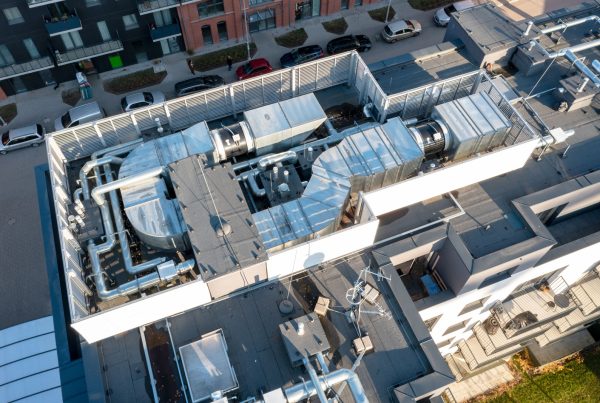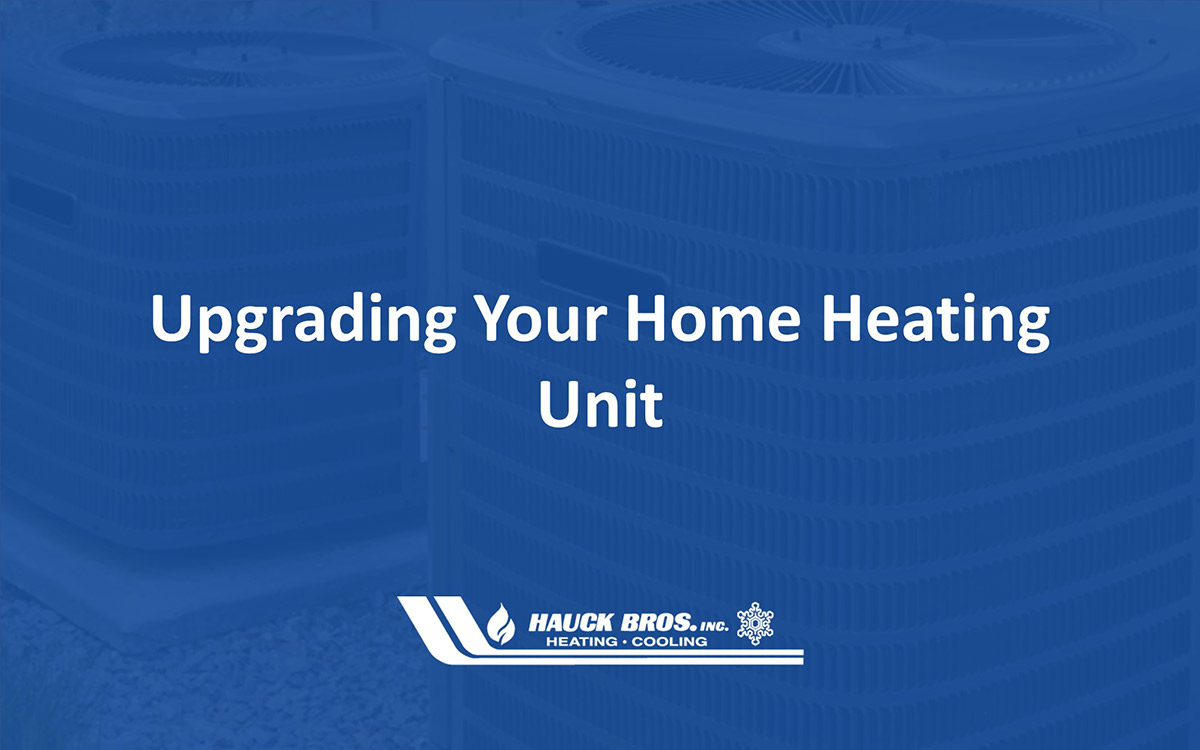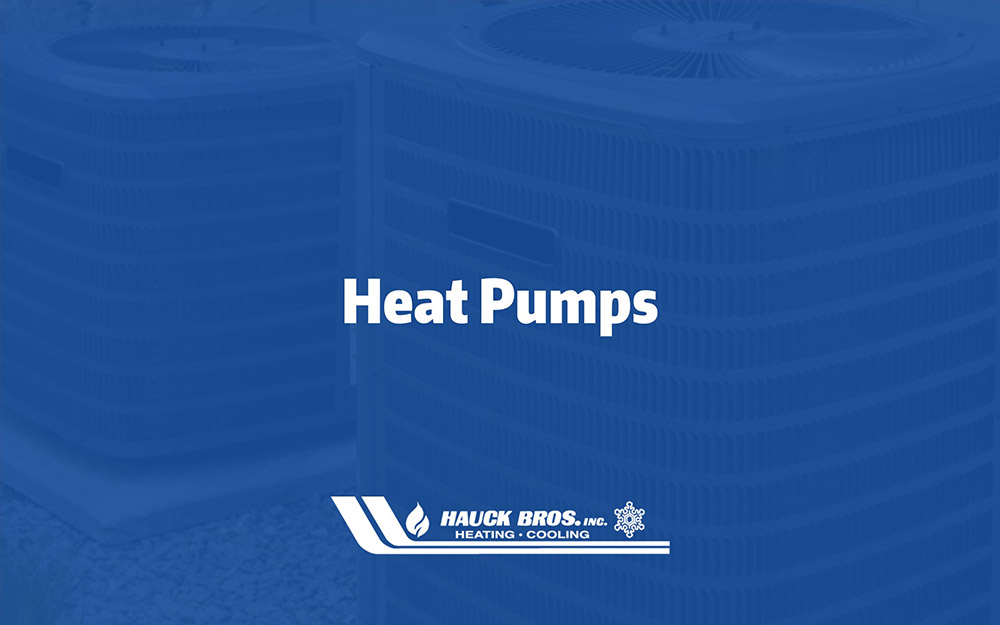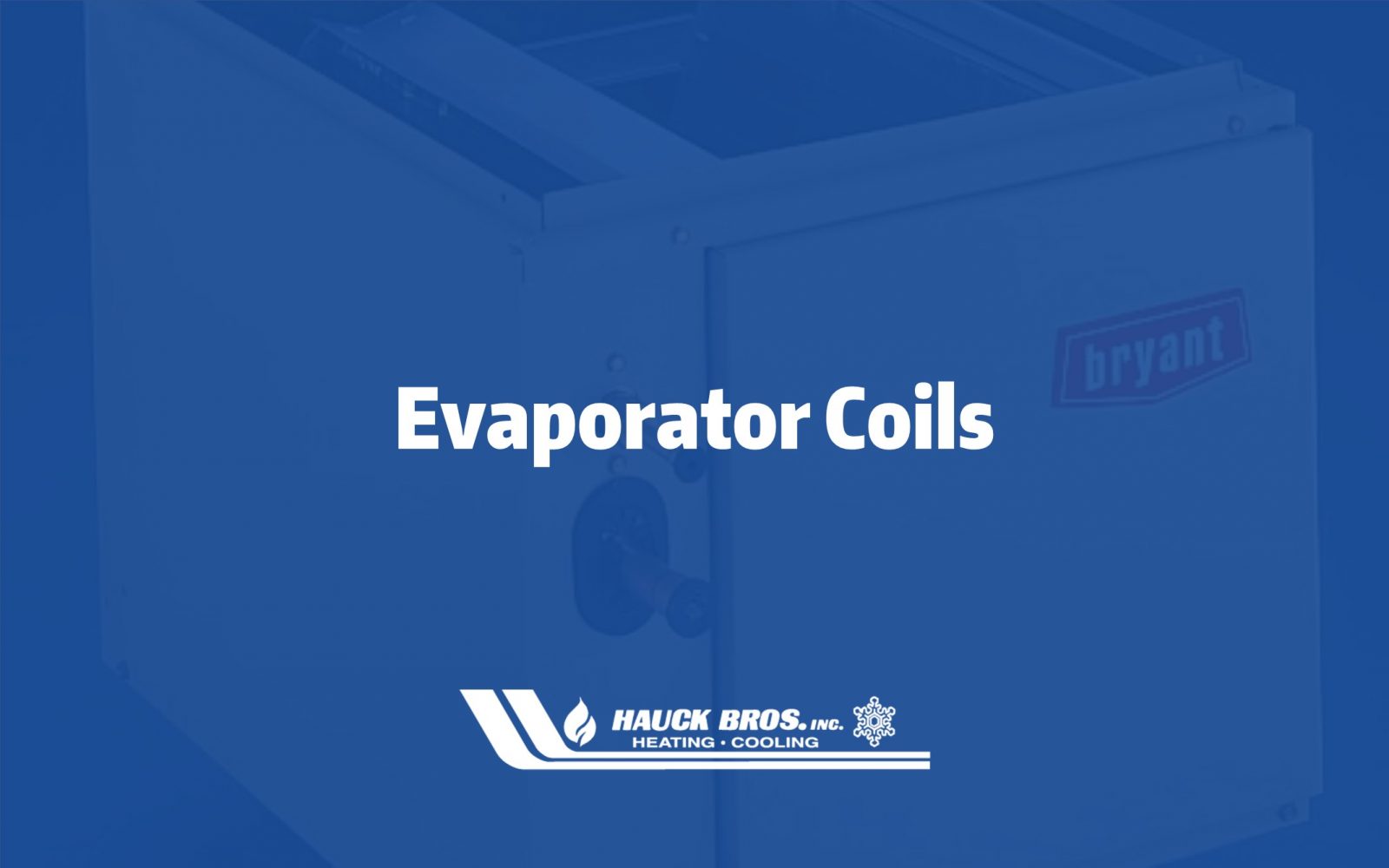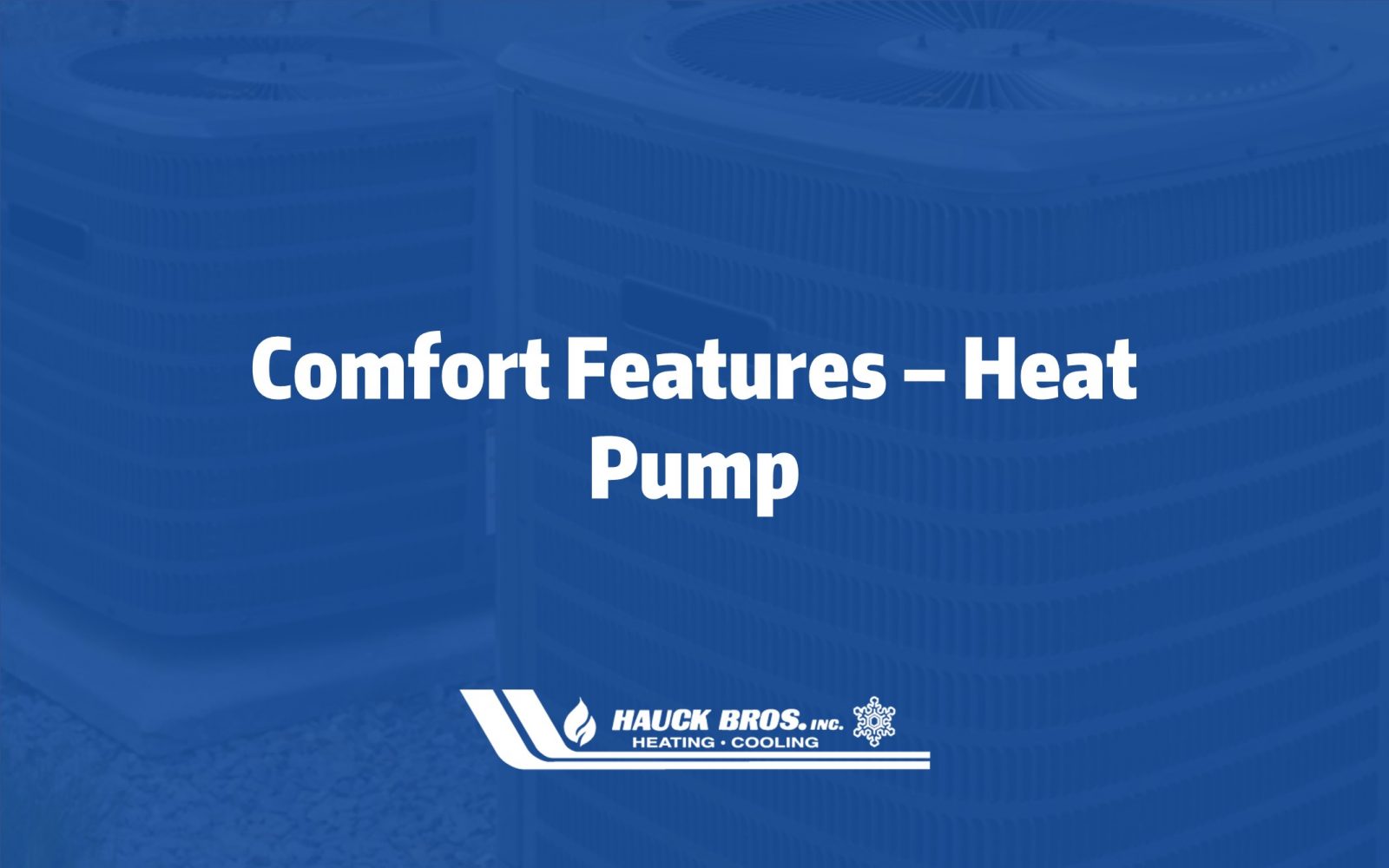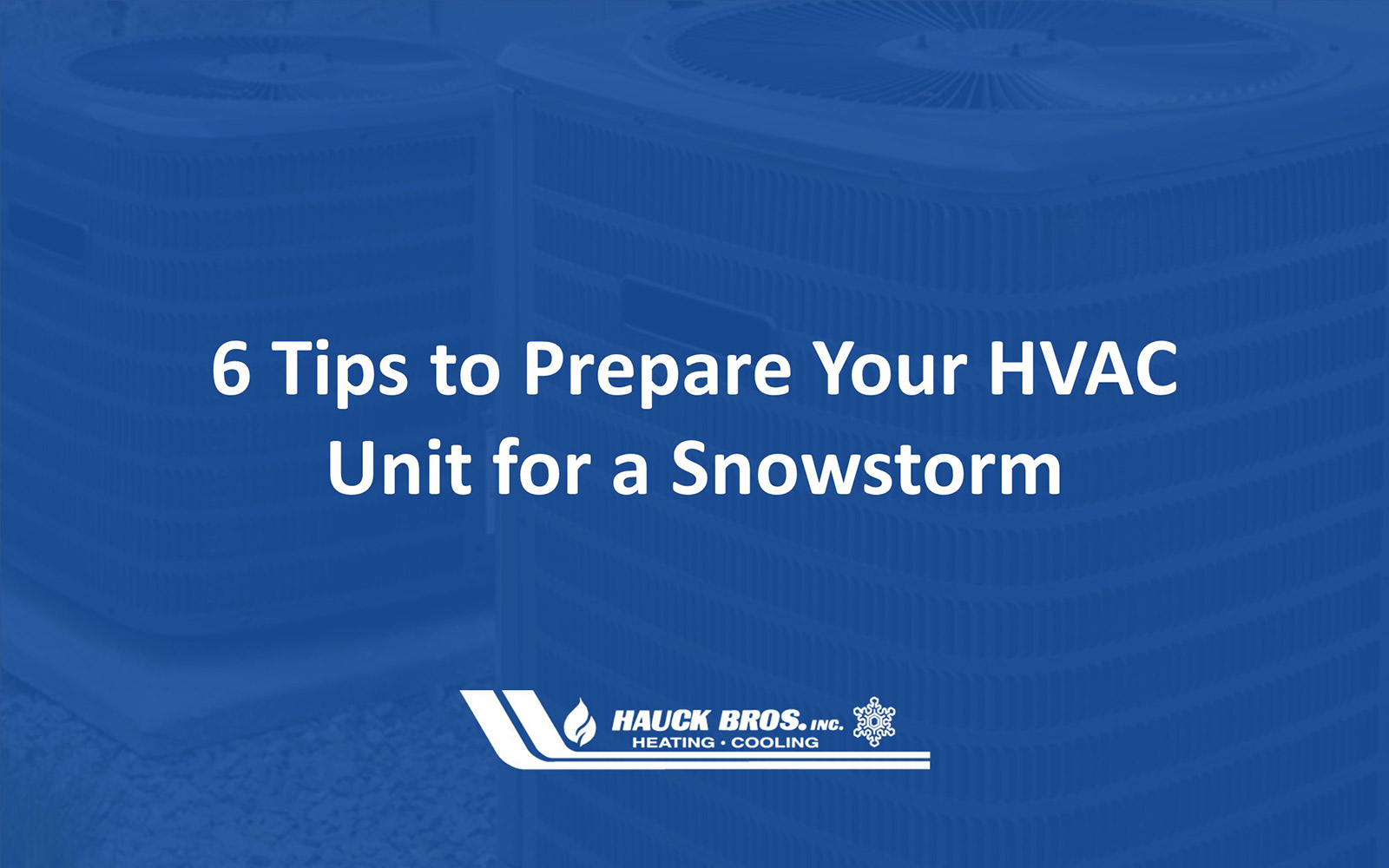
With winter weather just around the corner in Springfield, Ohio, ensuring your HVAC unit is prepared in the case of a snowstorm is critical. No matter the type of heater you use, a bad snowstorm can lead to power outages, system breakdowns, and a frigid, uninhabitable home or business.
Preparing your home heating unit using these simple tips can prevent frustrating, expensive repairs. Plus, it will help keep you and your family comfortable all winter long. Read on to learn more about how you can safeguard your HVAC unit from harsh winter snowstorms.
1. Check your air filters
If you’re a regular reader of our blog, you’re already aware of how important it is to check and replace your air filters regularly. This is especially important during snowstorms when your HVAC equipment is working overtime. The extra work can cause more buildup of dirt and debris on your filter, leading to a clogged, inefficient system. Check your filter often and replace as needed during the winter months to ensure maximum performance.
2. Consider a programmable thermostat
Before any storms, be sure to test your thermostat to ensure it’s working properly. If it’s older than 10 or 15 years or not functioning correctly, look at switching to a programmable thermostat. With a programmable or smart thermostat, you can set daily routines and have better control over your indoor temperature. This will improve your energy efficiency and save money on your monthly bills along the way.
3. Clean your registers
To make your HVAC unit as efficient during a snowstorm as possible, clean your registers and remove any blockages. This includes dirt and debris buildup, as well as furniture or other items in front of your grilles. Blockages prevent heat from circulating effectively. This can cause uneven temperatures throughout your home or business, meaning your system will need to work overtime to heat it properly.
4. Examine your insulation
Buildings without adequate insulation also cause your HVAC system to work harder to generate heat. During a snowstorm, this can lead to a significant jump in your bills. In addition, it causes more wear and tear to your system, resulting in a shorter equipment lifespan. Check the insulation throughout your home or business for air leaks and add insulation where needed. You should also check the weather strips on your windows and doors to prevent drafts. The more insulated your home, the more efficient your system will be.
5. Invest in a backup generator
Even with the right preparation, a heavy snowstorm can knock out your power and leave you without heat. It’s worth it to consider investing in a backup generator for peace of mind in the case of an outage. Before making a purchase, take the time to research your options. You can reach out to a professional HVAC company like Hauck Brothers for generator recommendations and guidance.
6. Schedule a maintenance appointment
Regular maintenance of your HVAC equipment is crucial for an efficient, long-lasting system. In the winter, this is particularly important due to ice and snow that can cause damage or problems with your unit. Before any winter storms hit, you should schedule a maintenance appointment with a local HVAC professional. This will help prevent any surprises and help safeguard your system in the case of a storm.
If you’re in the Springfield, Clark County, or Miami Valley, Ohio area, reach out to us at Hauck Brothers to schedule a residential or commercial maintenance appointment. Our experts can thoroughly inspect your system to make sure it’s in the best working order ahead of the snowy season. Schedule a service request with us at Hauck Brothers today!
Related Posts

